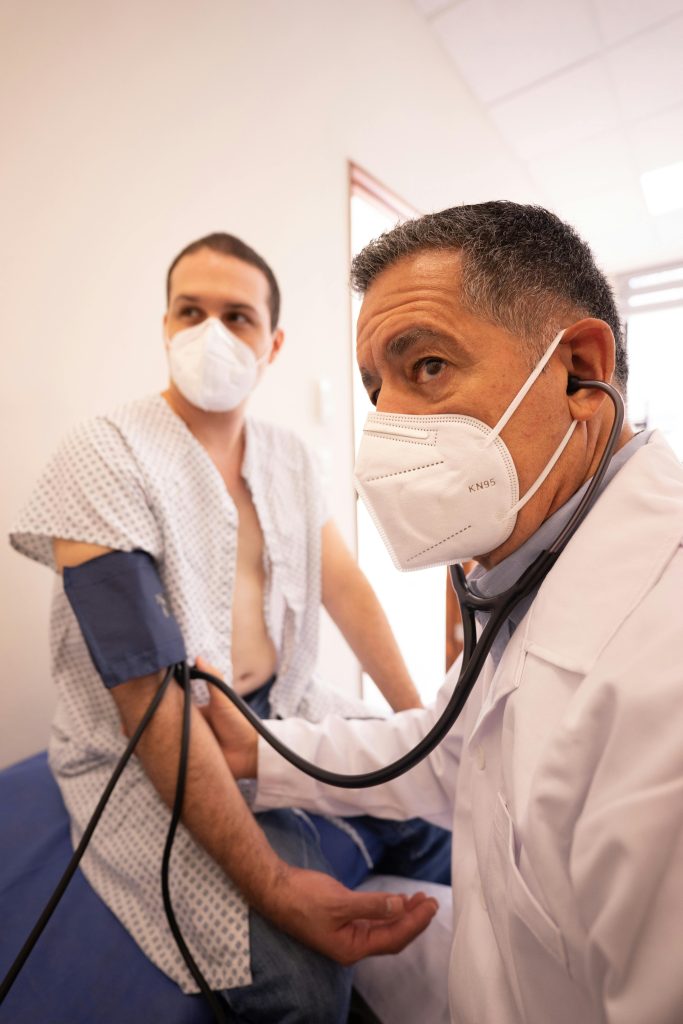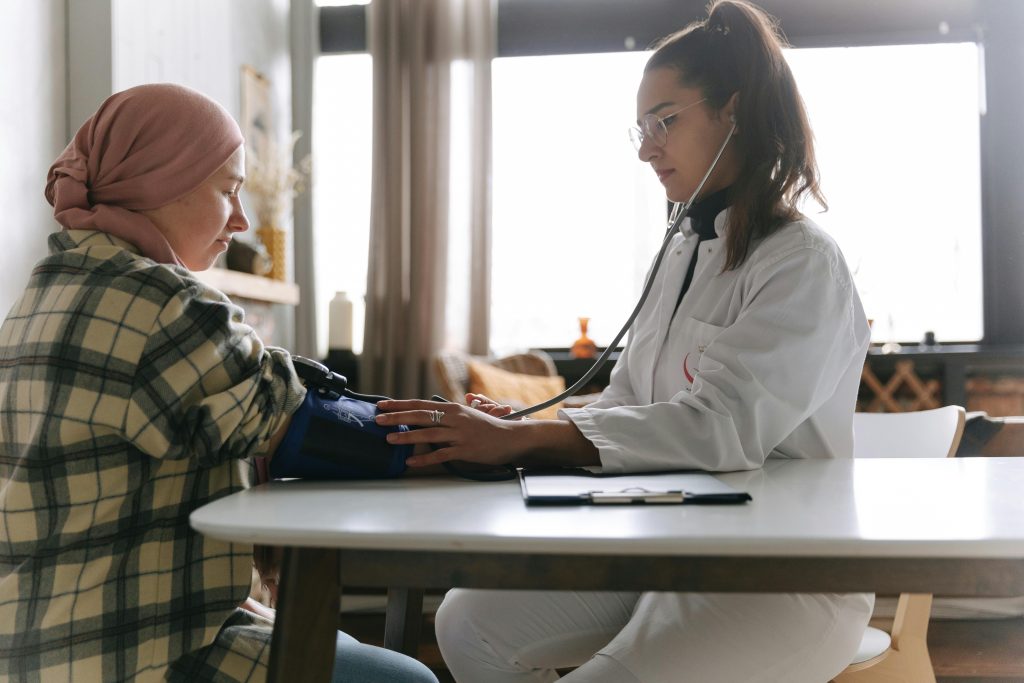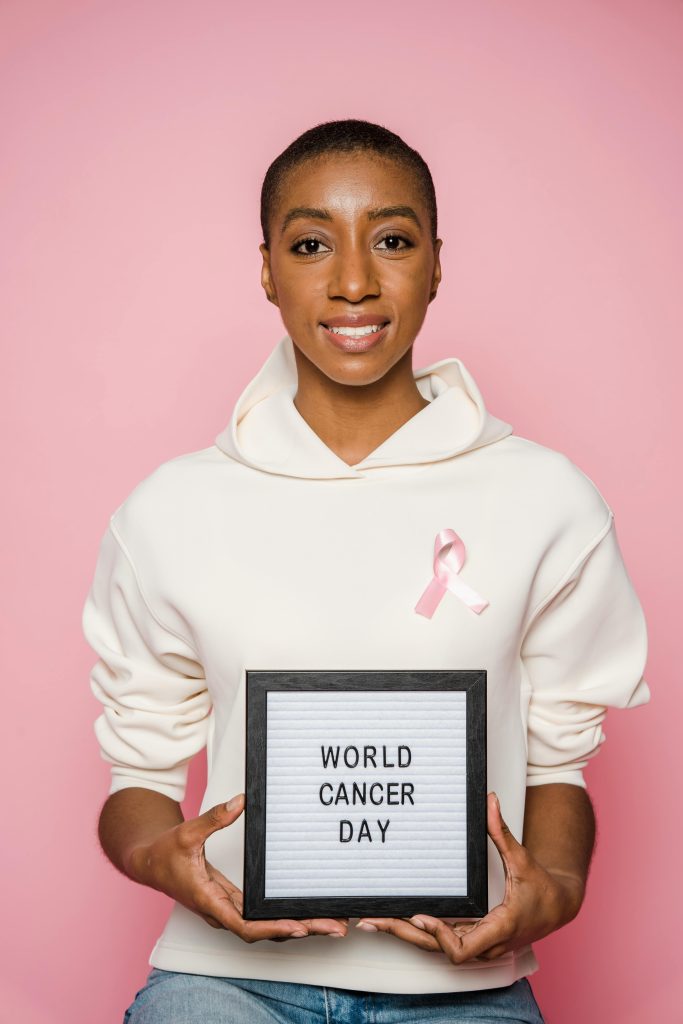Fuel Your Blood Cancer Research: ALLG HSANZ Fellowship 2026

Are you an early-career clinician with a burning passion to make a real difference in the lives of blood cancer patients? Do you dream of leading innovative clinical trials and contributing to groundbreaking research? Then the ALLG (Australasian Leukaemia & Lymphoma Group) HSANZ (Haematology Society of Australia and New Zealand) Clinical Trials Fellowship 2026 could be the pivotal opportunity you’ve been waiting for!
This prestigious fellowship, a collaborative initiative between two leading haematology organizations in the region, is designed to empower the next generation of blood cancer researchers. It offers a unique platform to gain invaluable skills and build crucial networks to drive investigator-initiated clinical trials across a spectrum of blood cancers, including leukaemia, lymphoma, and myeloma.
What’s on Offer? A Launchpad for Your Research Career
The ALLG HSANZ Clinical Trials Fellowship 2026 provides a significant funding package of $70,000 over 12 months. This substantial support allows the successful fellow to dedicate their time and energy to:
- Collaborating with renowned researchers and clinicians within the extensive ALLG network.
- Gaining hands-on expertise in all aspects of clinical trial design, implementation, and management.
- Developing a deep understanding of patient-reported outcomes and their crucial role in blood cancer research.
- Building critical networks with key opinion leaders in haematology across Australia and New Zealand, laying the foundation for a successful long-term research career.
- Working within ALLG’s cutting-edge research projects, contributing directly to trials designed to deliver better outcomes for patients.
As ALLG CEO Delaine Smith aptly stated, this fellowship is about more than just funding; it’s about “accelerating research by encouraging and directly supporting the next generation of researchers to drive new discoveries and better treatments.”1
Why Should You Seize This Opportunity?
- Shape the Future of Blood Cancer Treatment: Your research could directly contribute to the development of more effective and less toxic therapies for blood cancers.
- Advance Your Career: This fellowship provides a unique stepping stone for early-career clinicians to establish themselves as leaders in clinical trials and translational research.
- Work with the Best: You’ll have the chance to collaborate with leading experts in the field, gaining invaluable mentorship and guidance.
- Make a Tangible Impact: Your work will directly contribute to improving the lives of patients and families affected by blood cancer.
Ready to Fuel Your Research? Apply Now!
If you are an early-career clinician or researcher with a strong passion for blood cancer research and a drive to improve patient outcomes, this is your chance to take a significant leap forward.
Applications for the ALLG HSANZ Clinical Trials Fellowship 2026 are now open and will close on July 27th, 2025.
Don’t miss this incredible opportunity to fuel your blood cancer research and contribute to a brighter future for patients. Visit the HSANZ website for detailed information on eligibility criteria and how to apply.
Let your passion drive progress. Apply for the ALLG HSANZ Clinical Trials Fellowship 2026 today!

Decoding the Big C: What You Need to Know About Cancer
The word “cancer” carries a heavy weight, often associated with fear and uncertainty. But understanding what cancer is, how it develops, and what we can do about it is crucial for empowering ourselves and our communities. Let’s break down the essentials.
What Exactly is Cancer?
At its core, cancer is a group of diseases characterized by the uncontrolled growth and spread of abnormal cells. Our bodies are made up of trillions of cells that normally grow, divide, and die in a regulated way. Cancer disrupts this orderly process. Genetic mutations within a cell can lead to it:
- Growing and dividing rapidly: Creating more abnormal cells.
- Ignoring signals to stop growing: Leading to an accumulation of cells.
- Failing to repair DNA errors: Allowing further mutations to occur.
These rogue cells can form tumors, which are lumps of tissue. However, not all tumors are cancerous (malignant). Benign tumors do not spread to other parts of the body. The danger of cancer lies in its ability to invade nearby tissues and metastasize, spreading to distant organs and forming new tumors. This process of metastasis is what makes cancer so life-threatening.
The Many Faces of Cancer: Types and Origins
It’s important to remember that “cancer” isn’t a single disease. There are over 200 different types of cancer, each with its own unique characteristics, causes, and treatment approaches. Cancers are often classified by:
- The type of cell where the cancer originates: For example, carcinoma begins in the skin or tissues lining organs, while sarcoma starts in connective tissues like bone and muscle. Leukemia is cancer of the blood cells, and lymphoma affects the immune system.
- The organ in which the cancer develops: Breast cancer, lung cancer, prostate cancer, etc.
Understanding the specific type of cancer is crucial for diagnosis and treatment planning.

Unraveling the Causes: Why Does Cancer Develop?
Cancer is primarily a genetic disease, meaning it’s caused by changes (mutations) to the DNA within our cells. These mutations can be inherited, but most occur during a person’s lifetime due to a variety of factors, including:
- Lifestyle factors: Smoking, unhealthy diet, lack of physical activity, excessive alcohol consumption, and sun exposure are significant contributors to cancer risk.
- Environmental factors: Exposure to carcinogens (cancer-causing substances) in the environment, such as radiation and certain chemicals.
- Infections: Some viruses and bacteria, like HPV and Helicobacter pylori, are linked to an increased risk of certain cancers.
- Age: The risk of many cancers increases with age as DNA damage can accumulate over time.
- Genetics: While most cancers aren’t directly inherited, a family history of certain cancers can increase an individual’s risk.
It’s important to note that having risk factors doesn’t guarantee you’ll get cancer, and many people develop cancer without any known risk factors.
Recognizing the Warning Signs: Symptoms of Cancer
Cancer can manifest in a wide range of symptoms, and these often depend on the type, location, and stage of the disease. It’s crucial to be aware of your body and consult a doctor if you experience any persistent or concerning changes. Some general warning signs include:
- Unexplained weight loss
- Fatigue that doesn’t improve with rest
- Fever or night sweats
- Pain that doesn’t go away
- Changes in bowel or bladder habits
- Sores that don’t heal
- Unusual bleeding or discharge
- Thickening or lump in the breast or other parts of the body
- Indigestion or difficulty swallowing
- Changes in1 a mole or wart
- Persistent cough or hoarseness
It’s vital to remember that these symptoms can also be caused by other, less serious conditions. However, it’s always best to get any persistent or worrying symptoms checked by a healthcare professional. Early detection significantly improves the chances of successful treatment for many types of cancer.
Empowerment Through Prevention: Reducing Your Risk
While we can’t control all cancer risk factors, there are many things we can do to significantly reduce our chances of developing the disease:
- Don’t use tobacco: Smoking is a leading cause of many cancers.
- Eat a healthy diet: Focus on fruits, vegetables, and whole grains, and limit processed and red meats, and sugary drinks.
- Maintain a healthy weight and be physically active: Regular exercise and a healthy weight can lower the risk of several cancers.
- Protect yourself from the sun: Limit sun exposure and use sunscreen. Avoid tanning beds.
- Get vaccinated: Vaccines against HPV and Hepatitis B can prevent cancers linked to these viruses.
- Limit alcohol consumption: The more alcohol you drink, the higher your risk of certain cancers.
- Get regular screening tests: Screenings for cancers like breast, cervical, and colorectal cancer can detect the disease early when it’s most treatable.
- Be aware of occupational hazards: Follow safety guidelines to minimize exposure to carcinogens in the workplace.
The Importance of Early Detection and Treatment
Early detection is a cornerstone of successful cancer management. When cancer is found in its early stages, it is often more localized and easier to treat effectively. Treatment options vary depending on the type and stage of cancer and can include surgery, chemotherapy, radiation therapy,2 immunotherapy, targeted therapy, and hormone therapy.
Living with Cancer: Support and Hope
A cancer diagnosis can be overwhelming, but it’s crucial to remember that you are not alone. Numerous support systems are available for patients and their families, including support groups, counseling services, and patient advocacy organizations. Advances in cancer research and treatment are constantly being made, offering hope and improving outcomes for many individuals living with cancer.
Knowledge is Power
Understanding the basics of cancer – what it is, its causes, symptoms, and ways to reduce risk – empowers us to make informed decisions about our health and advocate for ourselves and our loved ones. By staying informed and promoting healthy lifestyles, we can all contribute to reducing the burden of this complex group of diseases. If you have any concerns about cancer, please don’t hesitate to talk to your doctor. Early detection and a proactive approach are key.